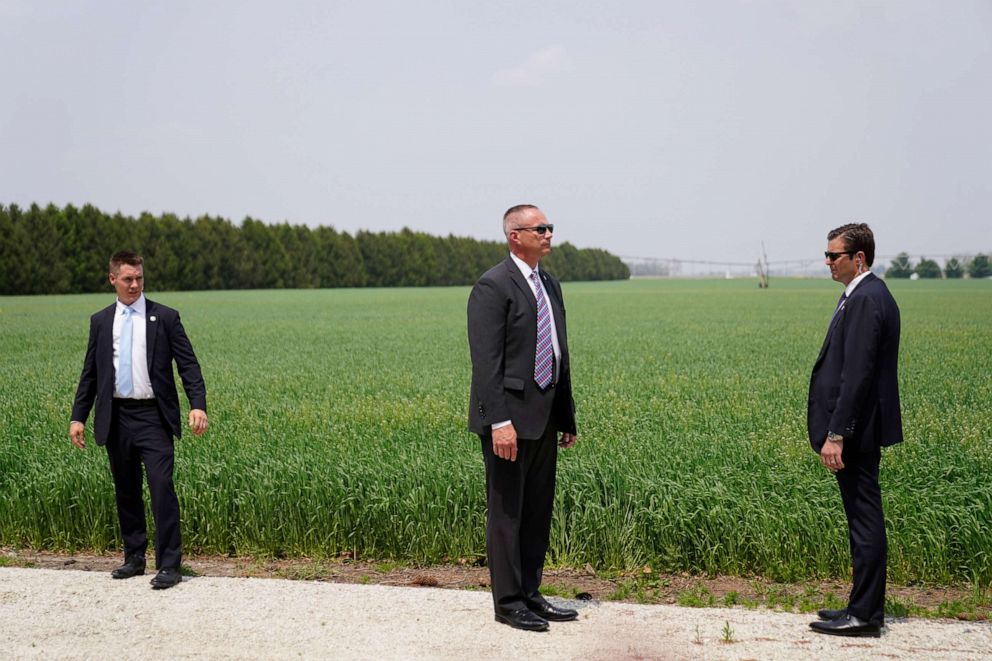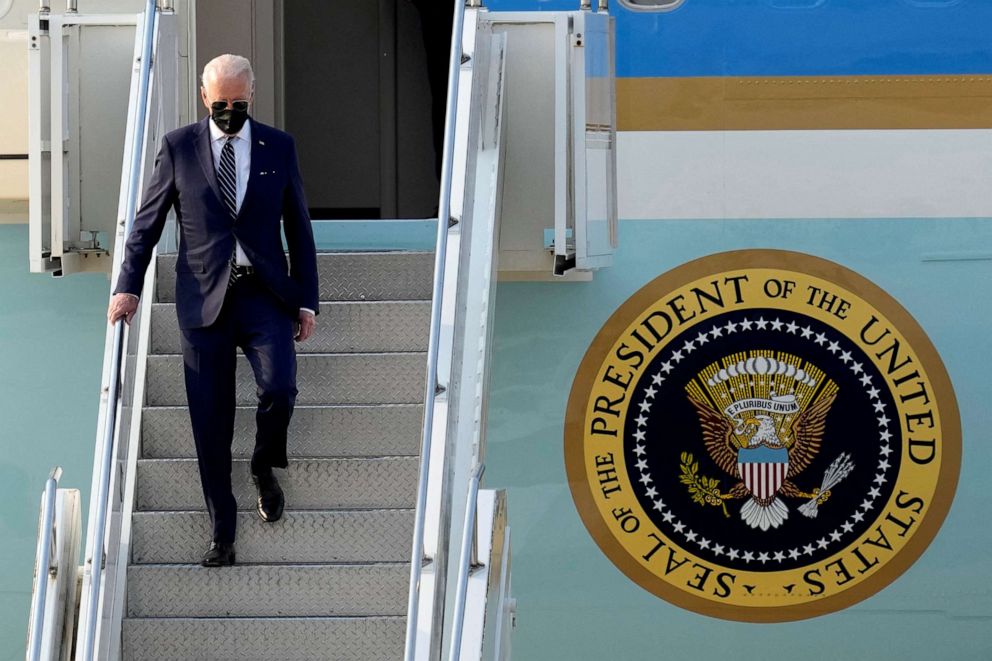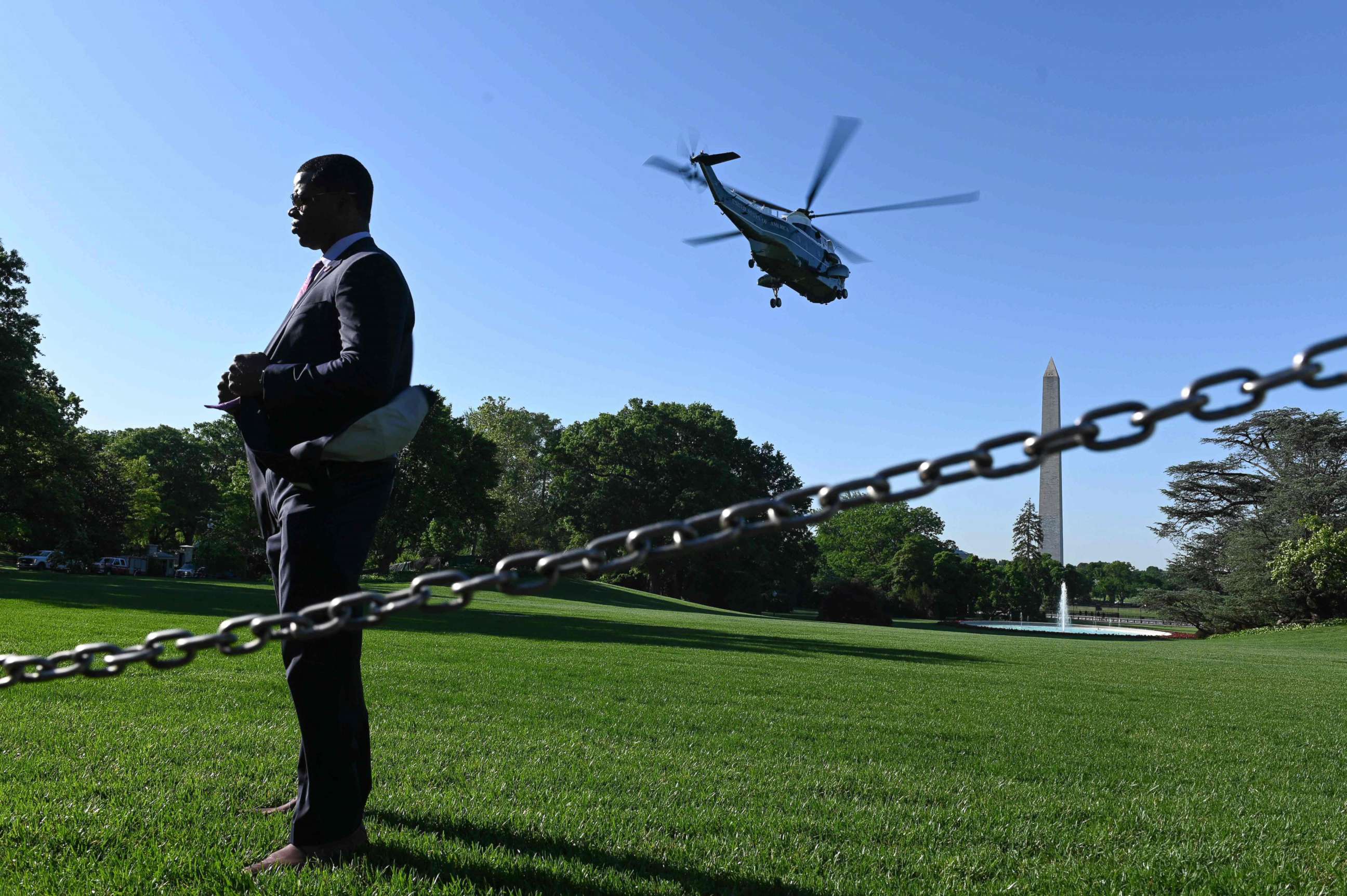Secret Service response to latest scandal shows commitment to accountability: ANALYSIS
The incident in South Korea echoes a 2012 scandal in Colombia.
An alleged alcohol-fueled incident involving two Secret Service personnel in Seoul, South Korea, is raising new questions about prior scandals involving the agency’s staff and its ability to maintain the integrity of its mission.
The news, ahead of President Joe Biden’s visit to the country this week, evokes the 2012 scandal in which Secret Service employees were investigated for drinking heavily and hiring prostitutes while preparing for a trip by then-President Barack Obama to Cartagena, Colombia.
In the latest incident, the Secret Service responded quickly by sending the two agents home. The agency’s response demonstrates its renewed commitment since the 2012 scandal to hold staff accountable for off-duty behavior.
Context is important to understanding how the agency functions and the protocols in place to ensure its operations and personnel operate smoothly.

When the president or any protected person embarks on a visit domestically or overseas, the Secret Service advance process begins. The bedrock of its protective methodology, this entails agents being sent to the location anywhere from two weeks (for a foreign visit) to a week (domestic) for the planning of the logistics and security of the visit.
These agents are often the more seasoned agents who have been assigned to the president’s detail for a few years. Additionally, agents from the agency’s protective intelligence division arrive to handle the wide-ranging intelligence and threat issues that may occur during the visit.
On average, the Secret Service says it handles over 2,000 threats per year directed towards the president. A recent high-profile example is the arrest in Pennsylvania of Mohamed Farah, who authorities say threatened to assassinate President Biden and former President Donald Trump.

The advance team, once in place, works with both the local nation and the State Department Diplomatic Security Service’s regional security officer to plan and implement the security apparatus for the visit.
While there, this advance team is subject to Secret Service ethics regulations regarding foreign travel and conduct as well as State Department oversight and host nation protocols. The Secret Service supervisors assigned to the advance oversee the planning and address personnel issues that arise, such as family emergencies. This occurs while the advance team typically works over 20-hour days on timelines, briefing schedules and logistical needs.
A few days prior to the visit, a support element of personnel, cars and other technical assets arrive via military transport in support of the advance team’s work. The personnel implicated in Seoul were reported to be part of this element.
This supporting team of agents fall under the same ethics and management guidelines that the advance team works under. They must also attend briefings to understand the roles they will play during the visit.

One of the pivotal briefings is the personnel security briefing provided by the Secret Service Intelligence Division and the regional security officer with input from the foreign nation’s security forces. This briefing covers threats the personnel may face as well as the “do’s and do not’s” while in the nation.
In the wake of the Cartagena incident, one of the changes the Secret Service made was to teach personnel that you are never “off duty” and that conduct is always accountable. This is ingrained in the agency’s ethics and disciplinary guidelines.
Despite the recent bad headlines, the Secret Service says in 2021 it handled 4,887 protective visits including 787 foreign visits, while handling 6040 protective intelligence investigations. Through it all, the president, 58 permanent protectees and hundreds of temporary protectees were kept safe.
While future incidents involving bad behavior may occur, the agency has worked put personnel on notice that while mistakes can happen, if they do, no matter where or when, the agency will hold them accountable.
Donald J. Mihalek is an ABC News contributor, retired senior Secret Service agent and regional field training instructor who served during two presidential transitions. He was also a police officer and served in the U.S. Coast Guard.



